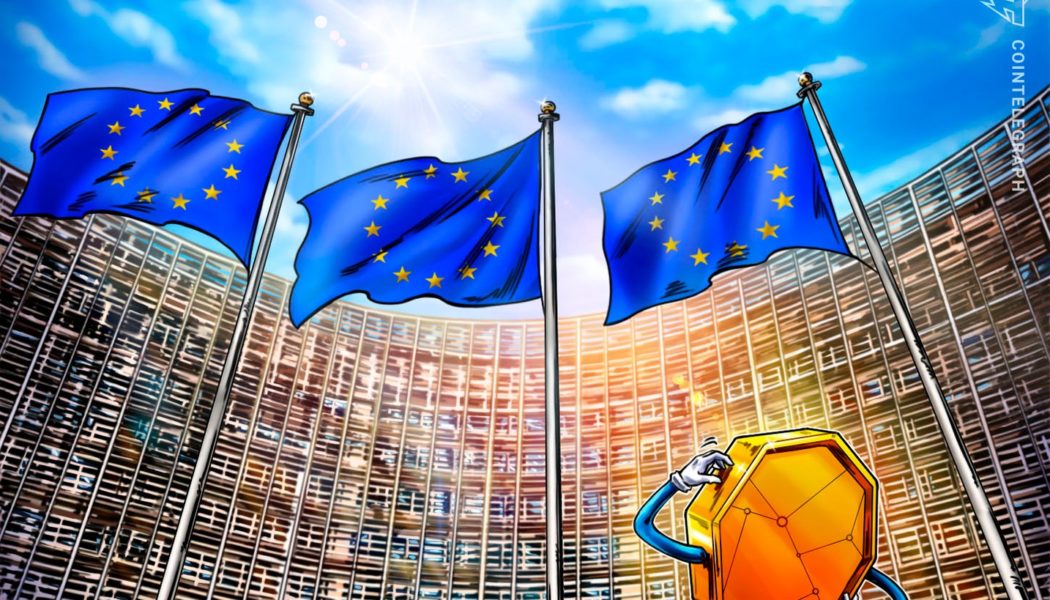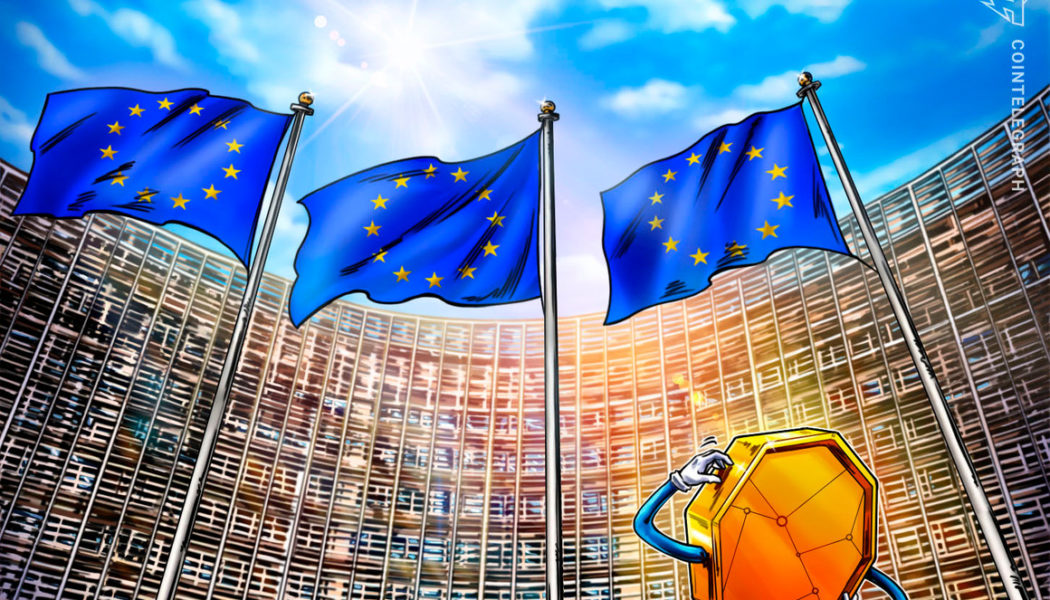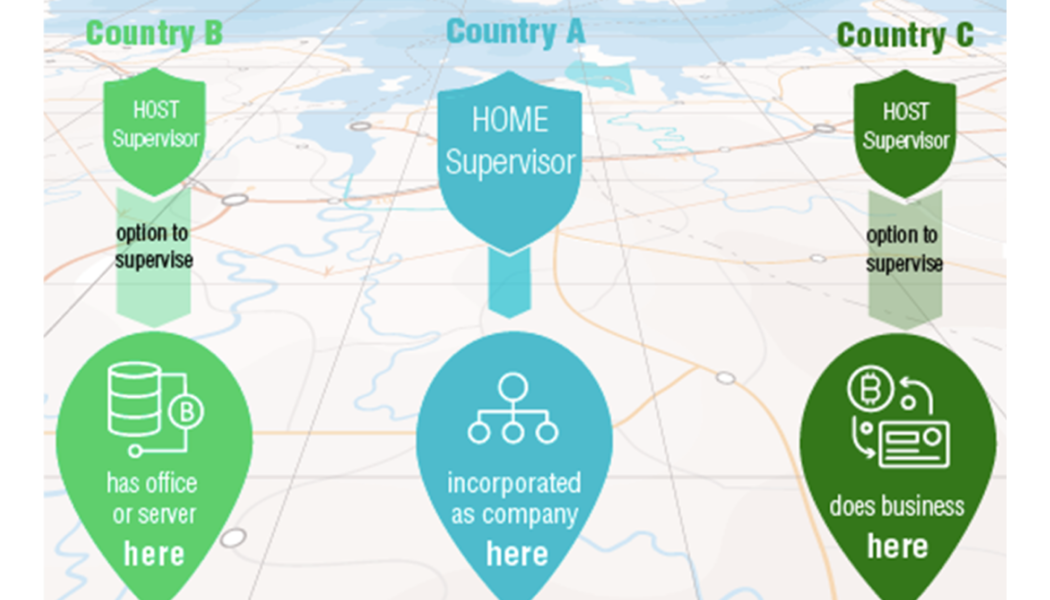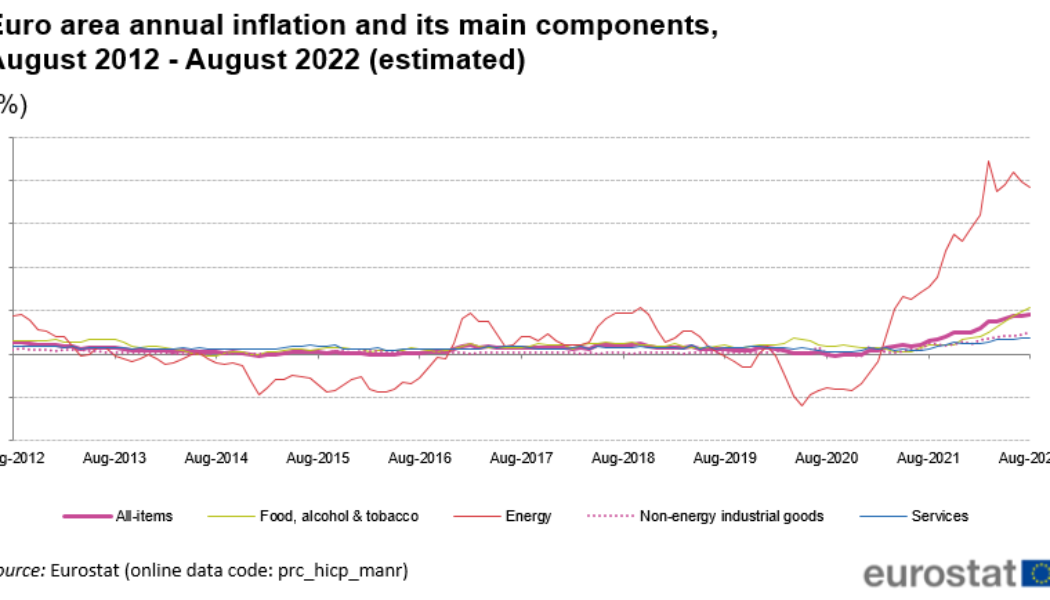European Union
EU lawmakers vote for more restrictive capital requirements on banks holding crypto
Banks could be required to hold a “risk-weighted exposure amount” of up to 1,250% of capital based on exposure to crypto if the full parliament passes the measures. News Own this piece of history Collect this article as an NFT The Economic and Monetary Affairs Committee of the European Parliament has voted for measures requiring banks holding cryptocurrencies to set aside a punitive amount of capital. In a Jan. 24 notice, the European Parliament announced the committee had voted overwhelmingly in favor of amendments to its Capital Requirements Regulation and Capital Requirements Directive applying to banks holding crypto. According to a draft law, banks would be required to hold a “risk-weighted exposure amount” of up to 1,250% of capital based on exposure to crypto. On Tuesday 24/01 @EP_E...
Cross-border crypto scammers on the hit list for EU agencies
By the end of 2022, scammers shifted their focus to duping crypto investors who desperately tried to recoup their year-long losses. An international law enforcement operation led by European government agencies joined crypto entrepreneurs and businesses to curb cross-border crypto scams since July 2022, uncovering a criminal network operating through call centers. Europol and Eurojust, two EU agencies for law enforcement cooperation, joined authorities from Bulgaria, Cyprus, Germany and Serbia to investigate online investment fraud since June 2022. The investigation identified a criminal network that incurred over $2.1 million in losses — primarily for German investors. Call centres selling fake crypto taken down in Bulgaria, Serbia & Cyprus. The criminal organisations lured victims to...
The state of crypto in Northern Europe: Hostile Scandinavia and vibrant Baltics
Despite the turbulence that broke out in the crypto market this summer, there is an important long-term marker that should be considered in any complex assessment — the combination of adoption and regulation. The latest report by EUBlockchain Observatory, named “EU Blockchain Ecosystem Developments,” tries to measure this combination within the European Union, combining the data on each and every member country from Portugal to Slovakia. As the original report counts more than 200 pages, Cointelegraph prepared a summary with the intent to capture the most vital information about the state of crypto and blockchain in Europe. Cointelegraph started from a group of countries that are usually labeled as Western European and continues with a review of Northern European states. Sweden Numbe...
Binance still serving Russians while seeking clarity on EU crypto sanctions
In the weeks following new sanctions from the European Union, Binance has kept its doors open for non-sanctioned Russian nationals, but that does not mean that the firm isn’t complying with EU sanctions, according to Binance’s newly-appointed sanctions executive. Western sanctions against Russia have been a major challenge for Binance from day one, and the firm has been working hard to comply, Binance’s global head of sanctions Chagri Poyraz told Cointelegraph in an interview. Since the start of Russia’s invasion of Ukraine, Binance has comprehensively blocked several non-government-controlled territories of Ukraine, including annexed regions like Donetsk and Luhansk, Poyraz said. “There is still an active war going on in the region,” he noted, adding that Binance continu...
The state of crypto in Western Europe: Swiss powerhouse and French unicorns
Despite the turbulence that broke out in the crypto market this summer, there is an important long-term marker that should be considered in any complex assessment — the combination of adoption and regulation. The latest report by EUBlockchain Observatory, named “EU Blockchain Ecosystem Developments,” tries to measure this combination within the European Union, combining the data on each and every member country from Portugal to Slovakia. As the original report counts more than 200 pages, Cointelegraph prepared a summary with the intent to capture the most vital information about the state of crypto and blockchain in Europe. We started from a group of countries that are usually labeled as “Western European.” Austria Numbers: 50 blockchain solution providers, $48.72 million (50 m...
EU regulators ban cross-border payments from Russian crypto accounts
In a statement released on Oct. 6, the European Union introduced another set of sanctions against Russia due to the prolonged and recently escalated conflict in Ukraine. The new sanctions include a complete ban on cross-border crypto payments between Russians and the EU. This statement includes the prohibition of, “all crypto-asset wallets, accounts, or custody services, irrespective of the amount of the wallet.” New sanctions were installed as a response to Russia’s annexation of Ukrainian territory as the result of what the EU calls a “sham” referendum, along with troop mobilization and threats of nuclear escalation. The previous sanctions capped crypto payments from Russian to EU wallets at 10,000 euros (approximately $9,900). However, this new total ban on cross-border crypto...
EU Council approves MiCA text, proposal moves to Parliament for a vote
Representatives from a committee with the European Council have moved forward with regulating digital assets in the European Union through the Markets in Crypto-Assets, or MiCA, framework, sending the finalized text to parliament for a vote. According to an information note on Oct. 5, the European Council’s Permanent Representatives Committee approved the MiCA text and sent it to the chair of the European Parliament Committee on Economic and Monetary Affairs. Edita Hrdá, chair of the Permanent Representatives Committee, confirmed that the crypto framework proposal would be enacted “should the European Parliament adopt its position at first reading” in the same wording. The MiCA proposal, first introduced to the European Commission in September 2020, aims to create a consistent regulatory f...
European Parliament members vote in favor of crypto and blockchain tax policies
Members of the Parliament of the European Union voted in favor of a non-binding resolution aimed at using blockchain to fight tax evasion and coordinate tax policy on cryptocurrencies. In an Oct. 4 notice, the European Parliament said 566 out of 705 members voted in favor of the resolution originally drafted by member Lídia Pereira. According to the legislative body, the resolution recommended authorities in its 27 member states consider a “simplified tax treatment” for crypto users involved in occasional or small transactions and have national tax administrations use blockchain technology “to facilitate efficient tax collection.” For cryptocurrencies, the resolution called on the European Commission to assess whether converting crypto to fiat would constitute a taxable event, depending on...
The European Union is stifling stablecoin adoption
The digital asset landscape in the European Union is evolving ahead of the passage of the Markets in Crypto-Assets (MiCA) regulation framework that aims to instill regulatory clarity around crypto assets. While well-intentioned, the current structure of MiCA may throttle innovation. But if a revised version of this policy passes, it could see the European Union become one of the leaders in the digital payment space. If not, then there is a genuine possibility of the continent falling behind. MiCA aims to set a regulatory framework for the crypto asset industry within the EU. At this point, much still needs to be codified and clarified, but the broad strokes are now known. Simultaneously, financial technology firm Circle launched a stablecoin called Euro Coin (EUROC). Euro Coin impleme...
Eurozone hits record inflation of 9.1% amid gas and energy crisis
August marks the ninth consecutive month of rising inflation for the Eurozone at 9.1%. In July, the official inflation numbers landed at 8.9%. The Eurozone consists of 19 countries, including Germany, France and Belgium. This comes as the European Union (EU) faces a massive energy and gas crisis, largely as a result of the ongoing conflict in Ukraine. Current prices for daily necessities such as food, gas and electricity have soared across the continent. Over the last month, energy prices made up the largest price push, up by an annual rate of 38.3%, While food, alcohol and tobacco all rose by an annual rate of over 10%. Former EU member the United Kingdom also hit a 40-year-high inflation rate of 10.1% in July, as reported by the Organization of National Statistics (ONS). Eurozone countri...























